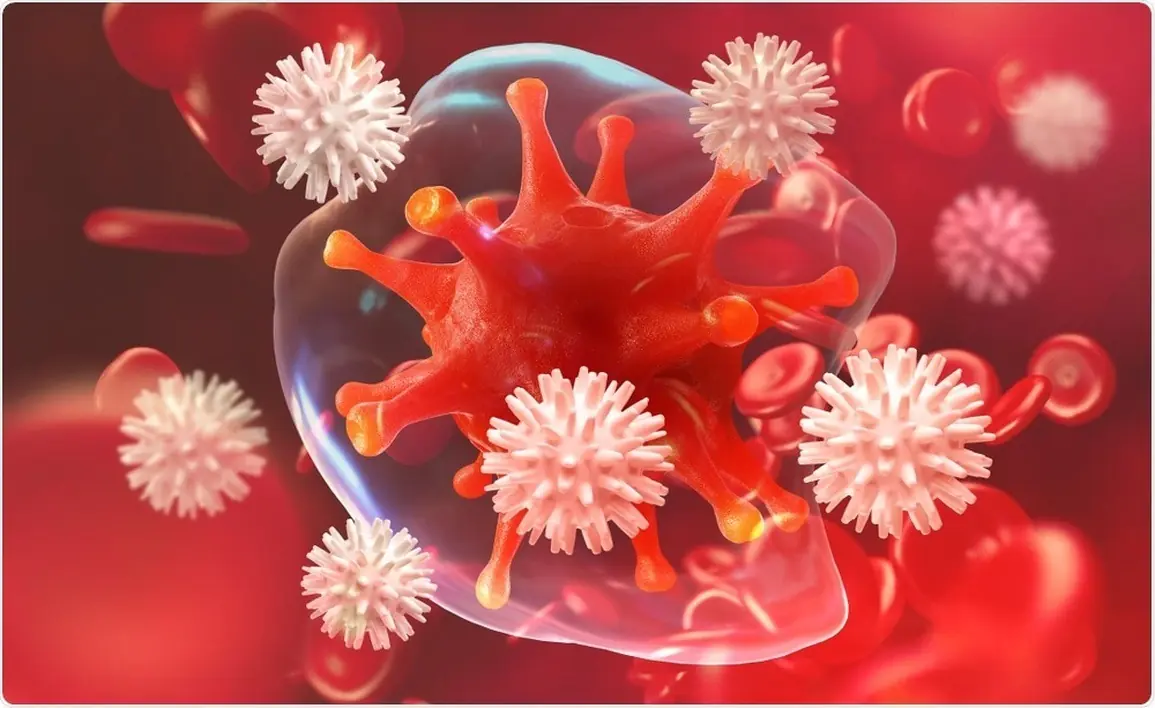
Increasing Protein Intake May Help Slow Alzheimer’s Progression, New Study Suggests
Increasing Protein Intake May Help Slow Alzheimer’s Progression, New Study Suggests:max_bytes(150000):strip_icc()/Balanced-Diet-That-Includes-All-Food-Groups-Shown-to-Be-Best-for-Brain-Health-According-to-New-Study-adc49625e4b8473290b4e98408801cc5.jpg)
Alzheimer’s disease, the leading cause of dementia, is known for its gradual but relentless deterioration of memory and cognitive function. For decades, researchers have worked to unravel the disease’s complex biology—and proteins have taken center stage in this quest.
In Alzheimer’s-affected brains, proteins such as amyloid-beta and tau begin to behave abnormally. Amyloid-beta proteins cluster together, forming sticky plaques that disrupt communication between neurons. Meanwhile, tau proteins tangle within brain cells, impairing their internal transport systems. These changes begin silently, sometimes a decade or more before symptoms appear.
But the protein story doesn’t end there. New studies show that the protein dynamics in Alzheimer’s are far more intricate than once believed. Scientists have now identified hundreds of proteins that fluctuate during the disease's progression. These proteins are involved in a wide array of biological processes, from inflammation and fat metabolism to iron regulation. Some increase, others decrease, and several weren’t even previously linked to Alzheimer’s—suggesting much remains to be discovered.
Even more encouraging is the identification of new therapeutic targets among these proteins. For instance, animal studies have shown that suppressing a protein called Ephexin 5 can help prevent memory loss—even in the presence of amyloid plaques. This finding raises hope for treatments that go beyond merely targeting plaques and tangles.
In short, proteins are proving to be active players—not just bystanders—in the development of Alzheimer’s. As researchers continue to map this complex protein landscape, new opportunities for diagnosis, treatment, and prevention are coming into focus.
Rethinking the Plaque Hypothesis
The traditional “amyloid hypothesis” posited that clumps of amyloid beta proteins, particularly Aβ42, form plaques that impair brain function. But this long-standing theory is now under review. Dr. Alberto Espay and his team at the University of Cincinnati have discovered that many older adults have amyloid plaques without ever developing Alzheimer’s. In fact, by age 85, only about 1 in 5 people with these plaques show signs of the disease.
So, what gives? Espay’s team offers a new perspective: the key issue may not be plaque formation itself, but rather the loss of soluble Aβ42 protein. This protein appears to serve a protective function in the brain, and when it becomes trapped in plaques, it can no longer do its job—leaving the brain more exposed to damage.
“We’re losing Aβ42. Everyone with Alzheimer’s has low levels of this protein, while many with plaques have no cognitive symptoms,” Espay notes.
Protein: The Brain’s Unsung Defender
Emerging research suggests that Alzheimer’s may be less about toxic accumulation and more about a critical deficiency. When Aβ42 levels fall too low, the brain’s defenses weaken—potentially triggering cognitive decline. This insight has significant implications for treatment strategies.
Many current drugs aim to eliminate plaques. But an analysis of data from over 26,000 clinical trial participants revealed something surprising: treatments that increased Aβ42 levels—whether deliberately or as a side effect—were linked to slower cognitive decline. In other words, restoring protective proteins might be more effective than trying to eliminate harmful ones.
Could Dietary Protein Make a Difference?
While much of the research focuses on brain proteins, another question is gaining attention: can the protein we eat influence brain health? A study from the Australian Imaging, Biomarkers and Lifestyle (AIBL) study tracked the diets of older adults and found that those who consumed more dietary protein were significantly less likely to have high levels of brain amyloid—before any memory symptoms emerged.
The numbers were striking. Participants with the lowest protein intake were more than twelve times as likely to have high amyloid buildup compared to those with the highest intake. This suggests a protein-rich diet could help create a healthier brain environment with age.
Not All Protein Is Created Equal
Scientists are also examining whether the type of protein—animal or plant—matters for cognitive health. A nine-year study in China, involving over 3,000 adults, found that higher intake of animal protein correlated with a lower risk of cognitive decline. In contrast, higher consumption of plant protein, particularly from grains, was associated with greater memory issues. Animal proteins from sources like fish and poultry appeared to offer the most benefit.
The Paradox of Protein Restriction
Interestingly, some animal studies paint a more complex picture. In mice engineered to show Alzheimer’s-like symptoms, low-protein diets improved glucose regulation, reduced certain brain abnormalities, and even extended lifespan—particularly in female mice. In these cases, protein restriction improved both metabolic and cognitive function.
Though seemingly contradictory, these findings underscore the complexity of nutrition and brain health. The type, quantity, and timing of protein intake all seem to play a role—and what works in mice doesn’t always translate directly to humans.
Spotlight on Ephexin 5: A New Therapeutic Target
Beyond Aβ42, researchers are investigating other proteins like Ephexin 5. At Johns Hopkins University, scientists found that disabling this protein in mice helped preserve memory—even when amyloid plaques were present. Because healthy adult brains contain very little Ephexin 5, targeting it might provide a therapeutic path with minimal side effects.
Why Some People With Plaques Stay Sharp
One of Alzheimer’s greatest mysteries is why some individuals with heavy plaque buildup show no signs of cognitive decline. New research suggests these individuals may be uniquely capable of maintaining normal levels of protective proteins like Aβ42. Their brains seem able to produce enough of the “good” proteins to counter the “bad.”
Looking Ahead: A New Approach to Alzheimer’s Prevention
Together, these findings are reshaping our understanding of Alzheimer’s. Rather than focusing solely on eliminating plaques, researchers are now exploring how the balance of different brain proteins influences disease progression. This shift opens new possibilities for prevention and treatment.
Key emerging strategies include:
-
Boosting beneficial proteins like Aβ42 to support brain health.
-
Improving diet, particularly with high-quality animal protein sources, to reduce risk before symptoms arise.
-
Targeting harmful proteins like Ephexin 5 with new medications for more precise, effective therapies.
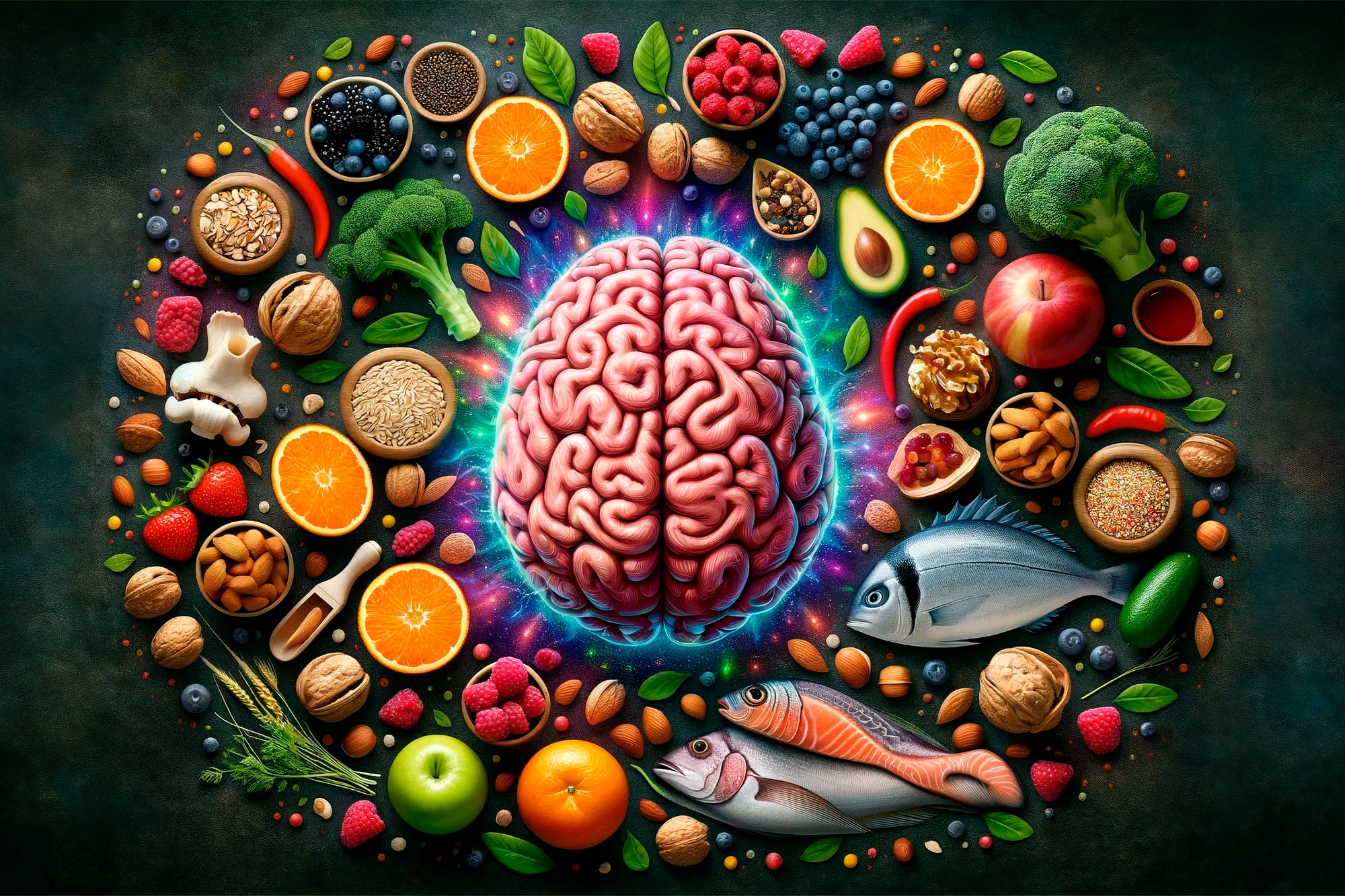
Final Thoughts
Alzheimer’s disease remains a challenging puzzle—but scientists are starting to piece it together in new and unexpected ways. By moving beyond the plaque-focused approach and supporting the brain’s own protective systems, we may be closer than ever to meaningful prevention strategies.
While more research is needed—especially long-term human studies—the growing body of evidence suggests that something as simple as a protein-rich meal could play a small yet significant role in preserving brain function.
So next time you reach for that protein-packed snack, consider this: it might just be a smart choice for your brain’s future.
News in the same category


People at Risk of Cancer Often Show 3 Warning Signs in the Neck – Early Checkups Can Save Lives

Young Woman Suffers from Back Pain and Sleepless Nights, X-Ray Reveals 'Honeycomb Bones' – All Caused by a Popular Beverage
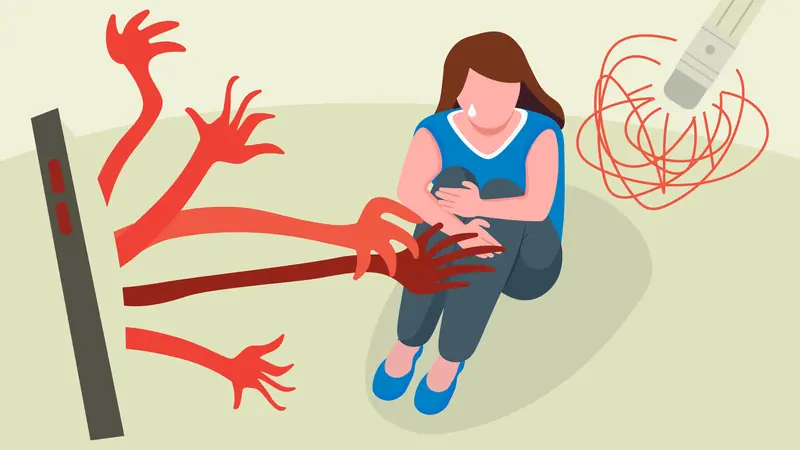
Study Finds: The Body Remembers Trauma Even When the Mind Has Moved On
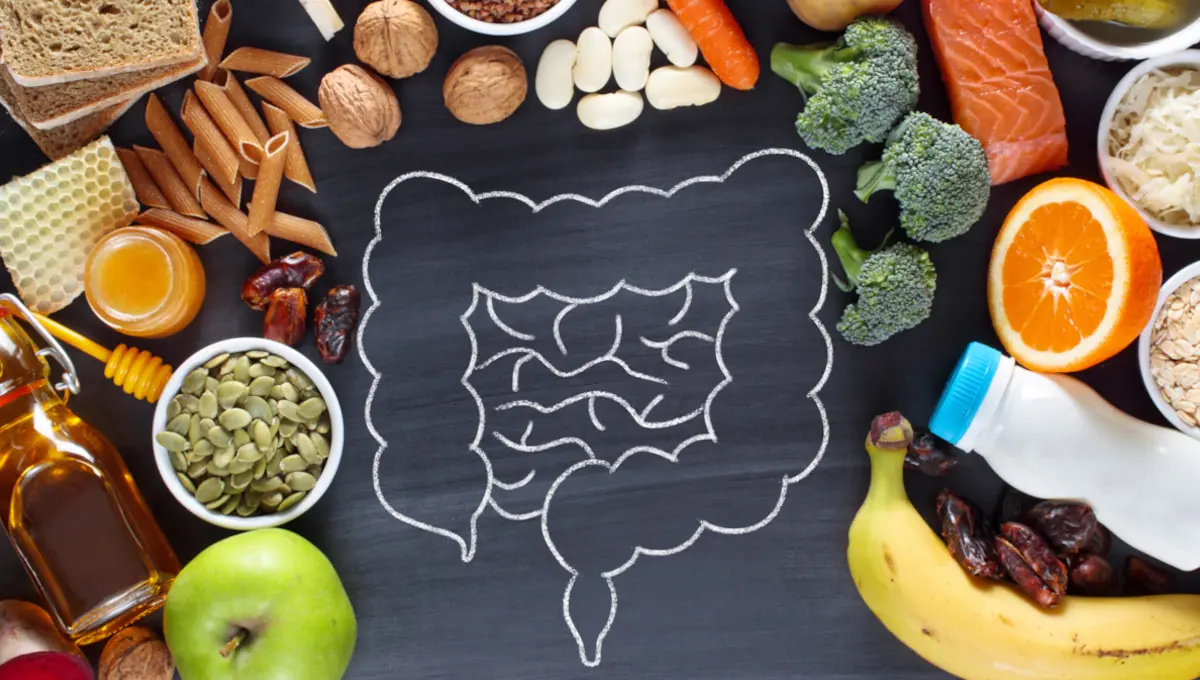
Eliminating One Food From Your Diet May Significantly Lower Your Colon Cancer Risk, Scientists Say
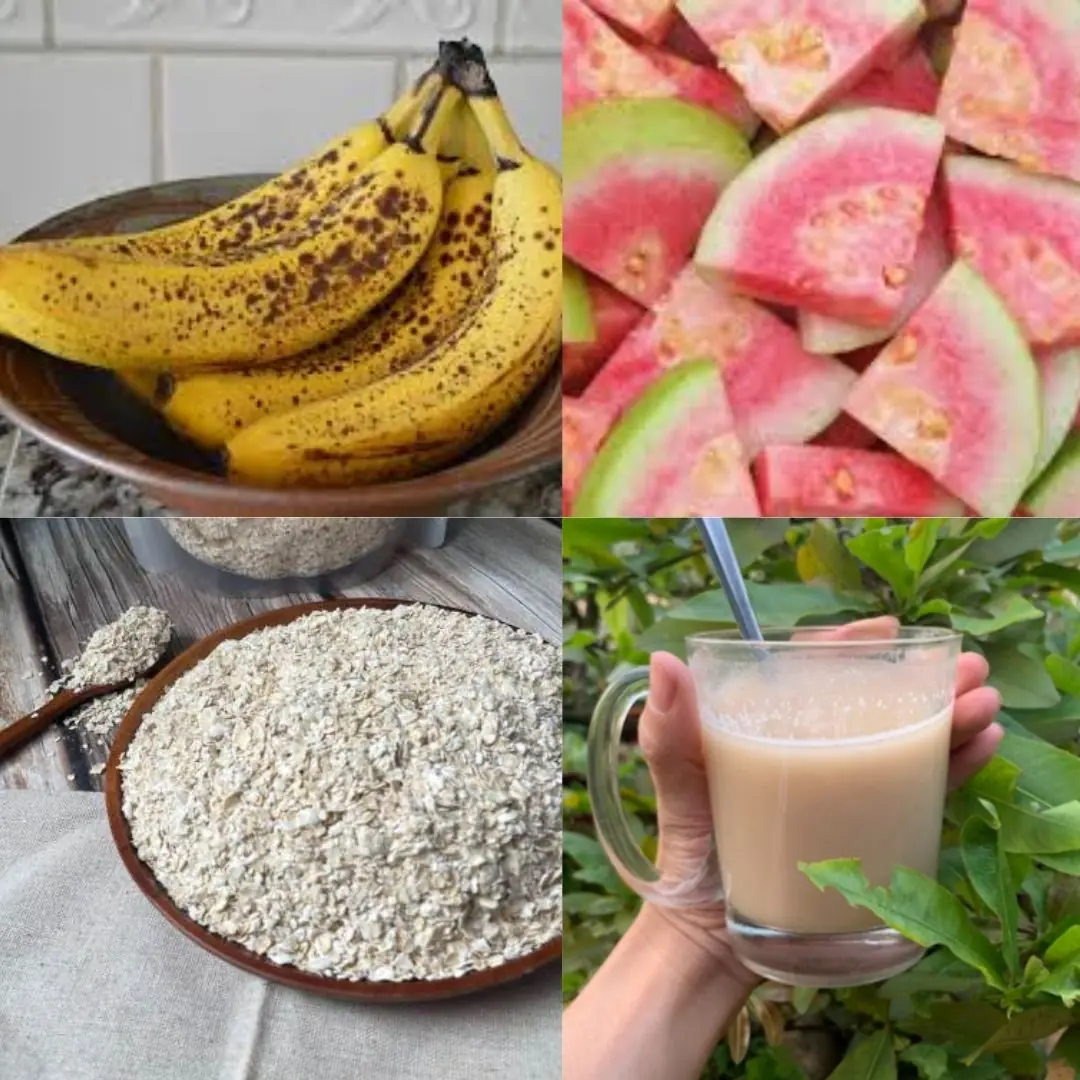
Oatmeal and Guava: A Natural Remedy for Leg Cramps, Diabetes, and High Blood Pressure
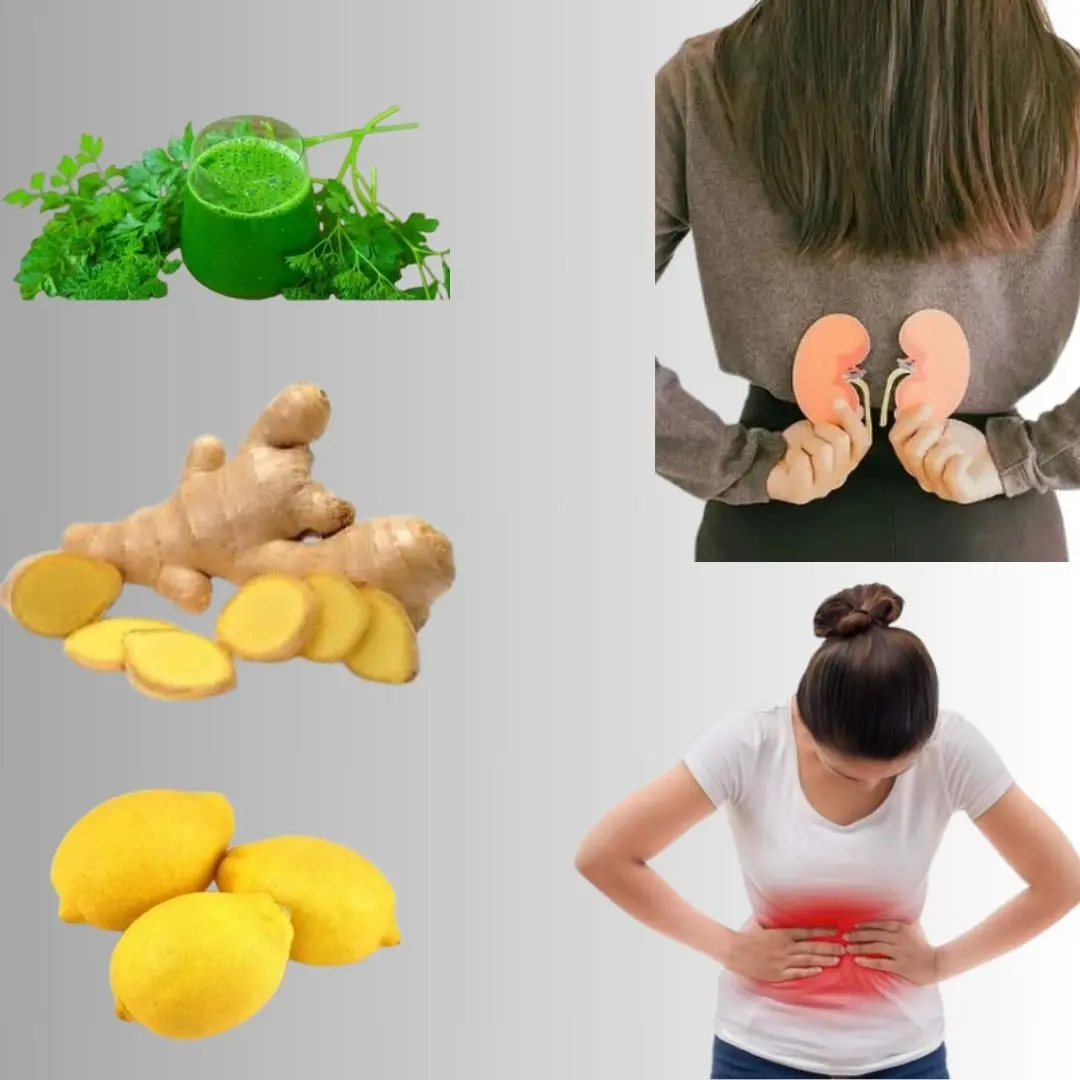
Ancient Herbal Infusion to Cleanse Your Kidneys and Eliminate Toxins
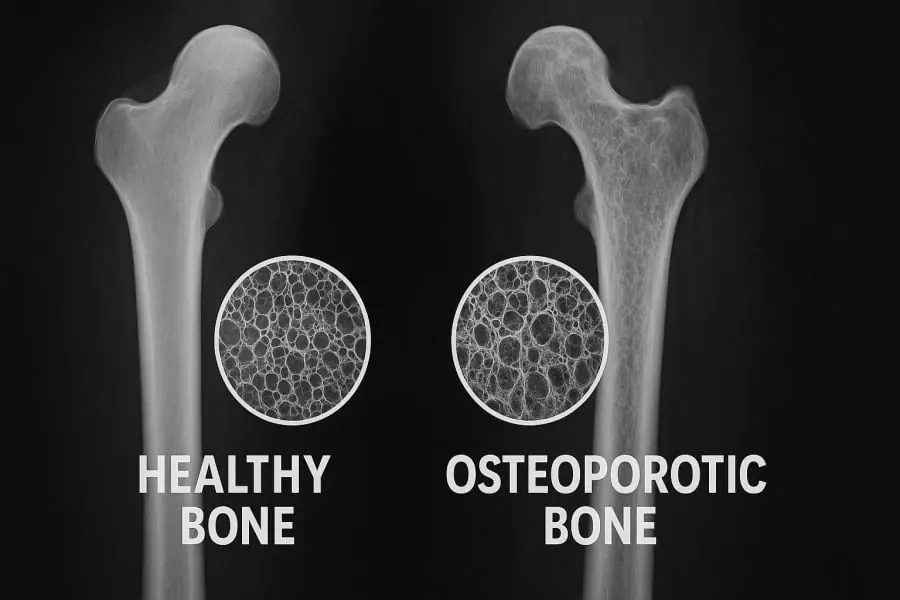
The Hidden Culprits Behind Osteoporosis: 3 Common Drinks You Should Watch Out For

6 Warning Signs You Shouldn’t Ignore – Early Indicators of Cancer

Doctors Reveal the Reasons Why More and More Young People Are Getting Cancer

10 Natural Remedies for Bronchitis to Ease Painful Cough Attacks
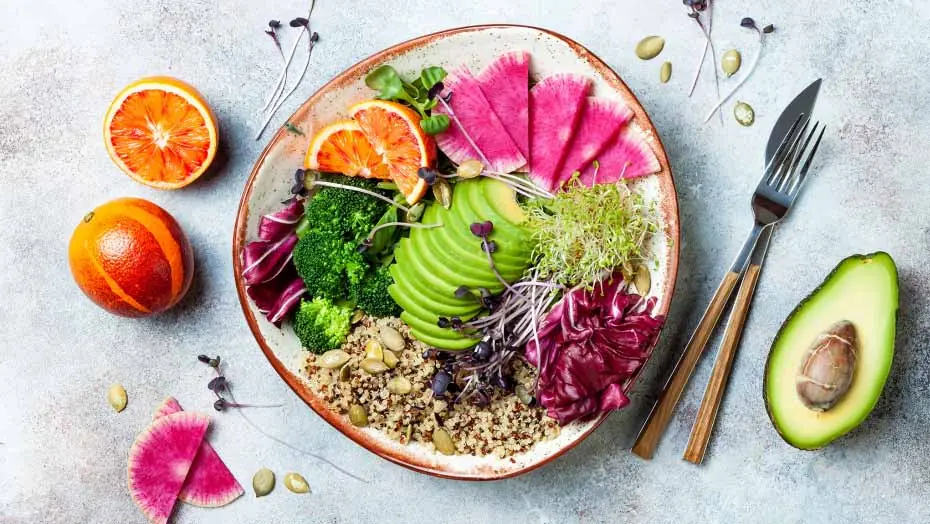
Nature’s Top Lymphatic Cleansers: Detox & Strengthen Immunity Naturally
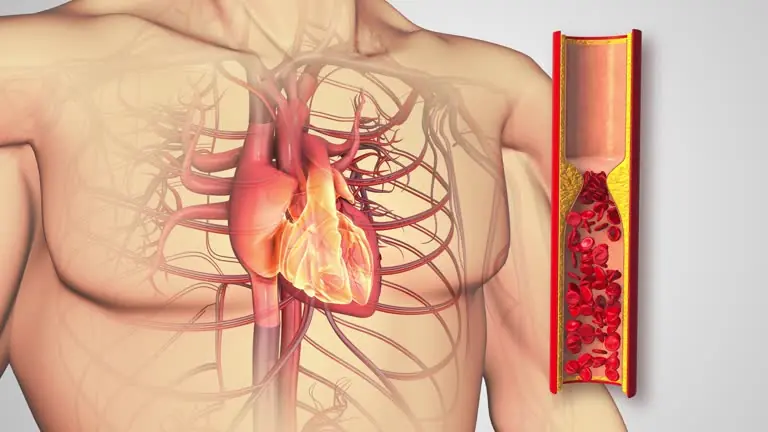
10 Warning Signs Your Body Might Be Giving You About Clogged Arteries
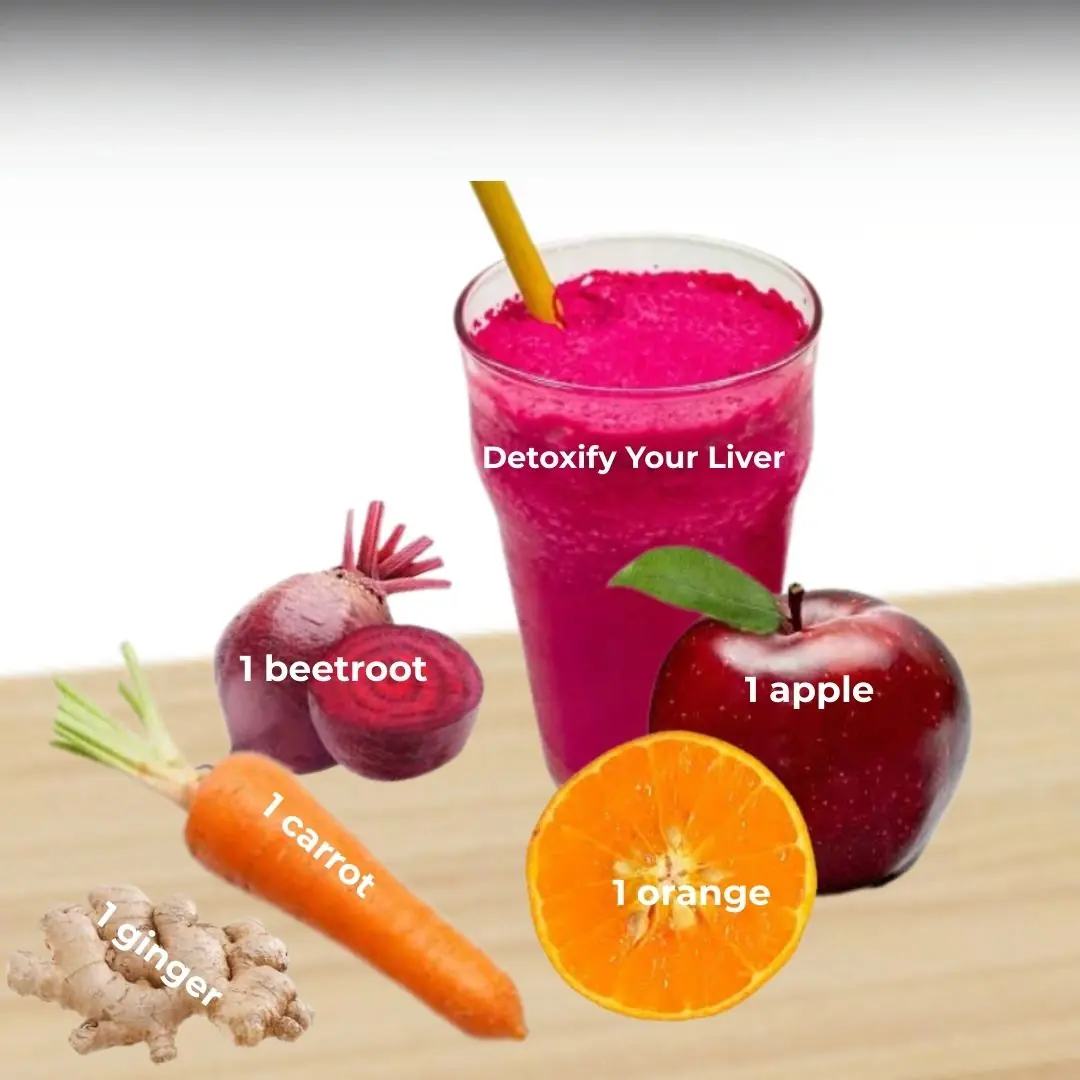
Cleanse Your Liver Naturally with This Powerful Juice: Beetroot, Apple, Carrot, Orange & Ginger

The Surprising Benefits of Combining Eggs and Coffee: A Nutritious and Energizing Pair

Ginger Lemon Juice: A Potent Elixir for Health and Wellness

Leg Pain, Rheumatism, Varicose Veins, Arthritis – Natural Remedy with Cloves & Garlic! 🧄🌿

6 Dementia Symptoms You Might Overlook at First

10 Snoring Solutions Your Partner Will Be Thankful For
News Post

One Day, This Teacher Couldn't Work Due to Pain — Now She's a Single Mom Fighting to Stay Alive for Her Daughter

The Meaning Behind Pope Leo XIV's Name Explained - Details

6 Types of Pain That Signal Cancer Cells May Have Reached the Final Stage

People at Risk of Cancer Often Show 3 Warning Signs in the Neck – Early Checkups Can Save Lives

President Donald Trump Reacts to the Appointment of the New Pope Leo XIV – Details

Young Woman Suffers from Back Pain and Sleepless Nights, X-Ray Reveals 'Honeycomb Bones' – All Caused by a Popular Beverage

Pope Leo XIV's Real Attitude Toward Donald Trump Uncovered — His Take on the American President

Study Finds: The Body Remembers Trauma Even When the Mind Has Moved On

THIS MAN SAT ON THE FLOOR AND READ ALL DAY—WHEN I ASKED WHY, HIS ANSWER BROKE ME

The Bride Fainted at Her Wedding Because of the Words of an Unknown Girl

Eliminating One Food From Your Diet May Significantly Lower Your Colon Cancer Risk, Scientists Say

I FOUND A LONE PUPPY IN THE TRASH—AND THEN THE CAMERA CAUGHT WHAT I COULDN’T EXPLAIN

WE TOOK OUR DOG FOR ONE LAST WALK—BUT THEN HE DID SOMETHING WE’LL NEVER FORGET IN A LIFETIME

I CHOSE FARM LIFE AS A SINGLE MOM—AND TODAY, SOMETHING HAPPENED THAT MADE ME STOP IN MY TRACKS

Princess Catherine Turns Heads in Waist-Cinching Polka Dot Dress

Two Cardinals Who Nearly Became Pope Instead of Leo XIV – One Has a Surprising Hobby

Entitled Dog Owner Made the Airport Hell for Everyone – She Deserved What I Did at the Gate
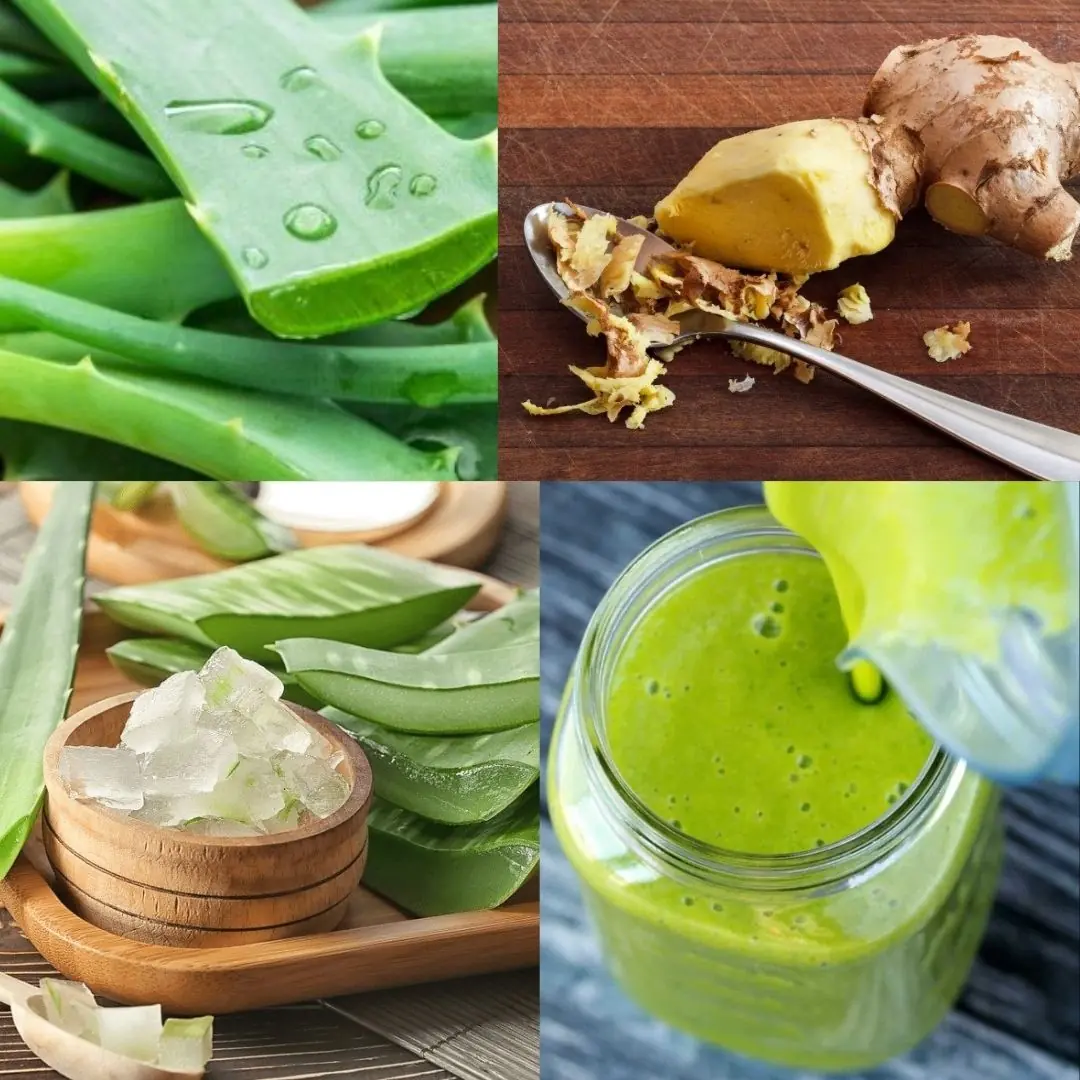
Unleash the Power of Ginger and Aloe Vera: A Natural Antibacterial powerhouse
